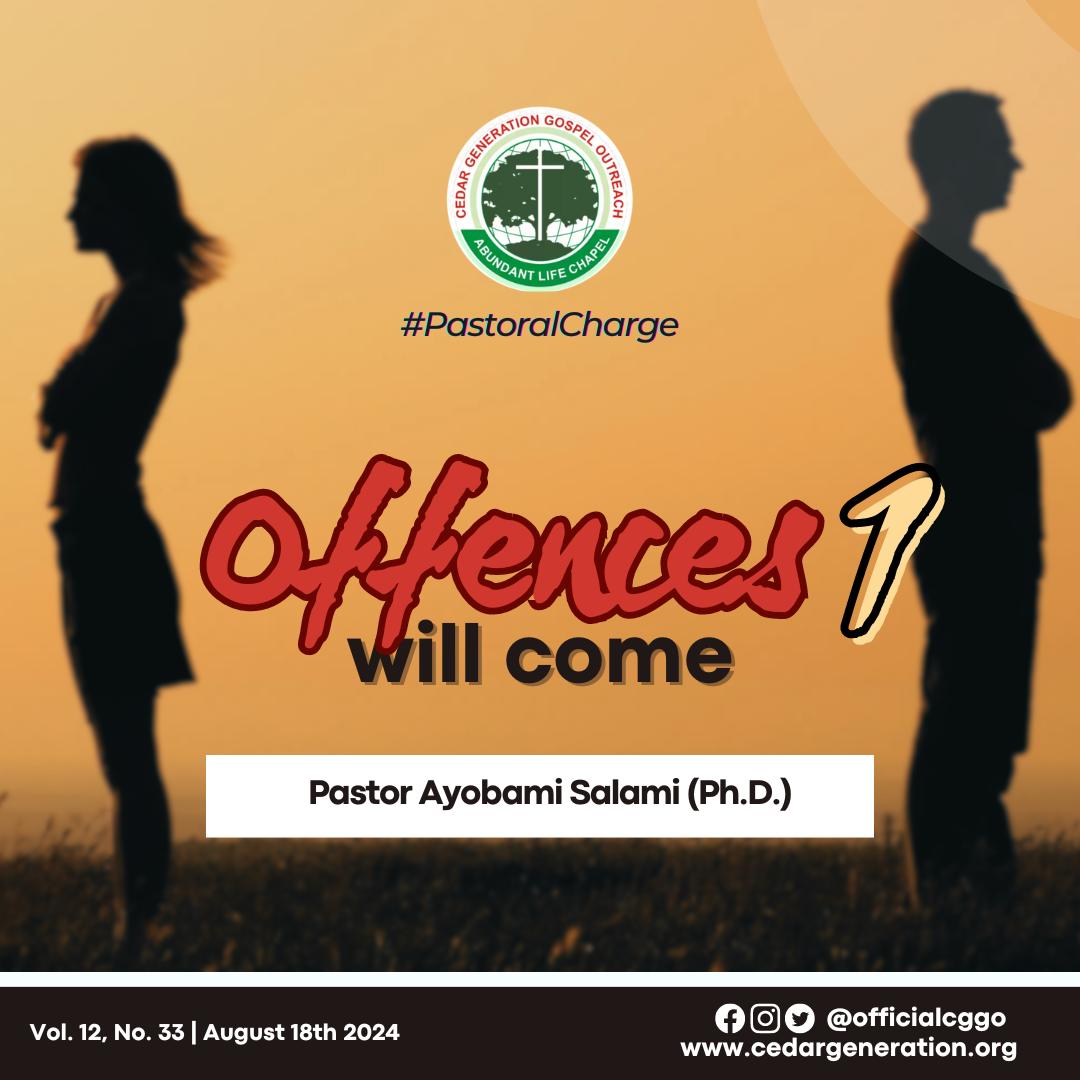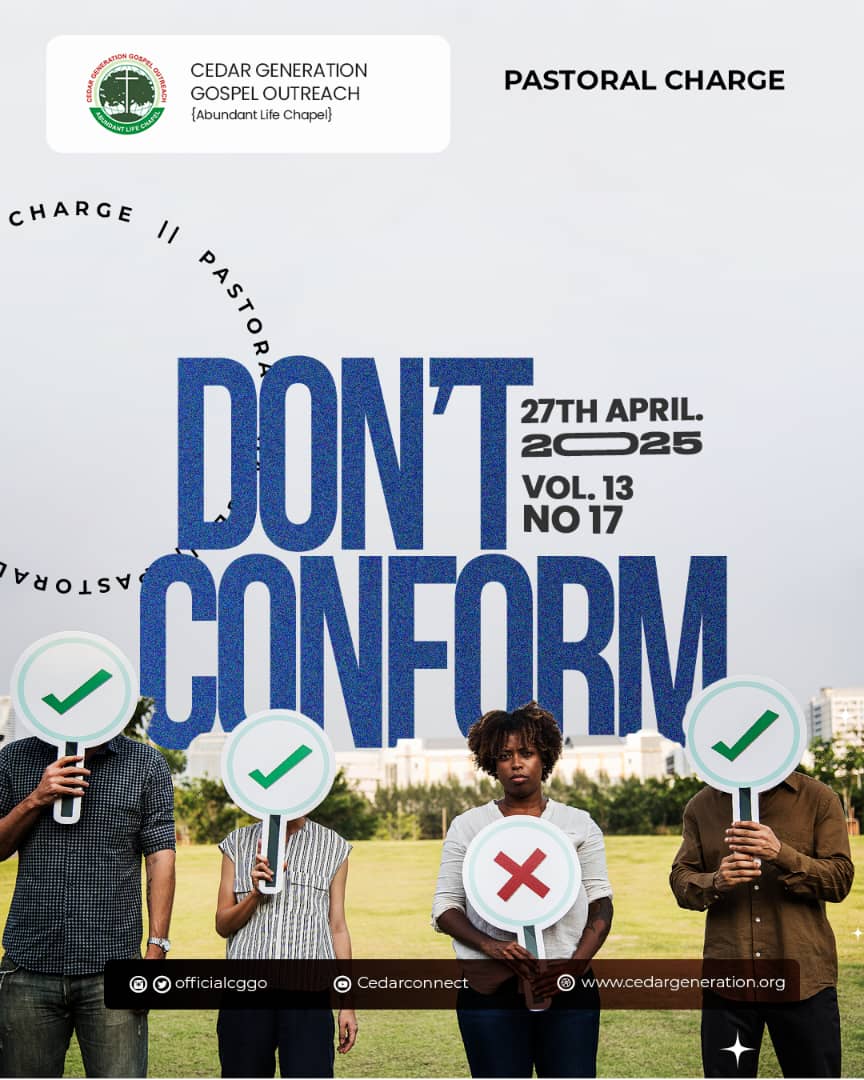In our daily lives, it is impossible to avoid offences. Whether intentional or accidental, they may mar our relationships, from our closest family bonds to interactions with strangers. Offences can be like splinters, small and sometimes hidden, yet causing disproportionate pain. They test our patience, challenge our love, and sometimes lead us down the dark alley of bitterness or resentment.
How should we, as Christians, handle these inevitable moments? What does the Bible teach us about dealing with offences?
Jesus Himself acknowledged the inevitability of offences. In Luke 17:1, He says, *“It is impossible but that offence will come: but woe unto him, through whom they come!”* Here, Jesus speaks to the reality that in a fallen world, offences are unavoidable. We live in a world full of imperfect people, ourselves included. We all make mistakes, say hurtful things, or act in ways that disappoint others. One of the most profound responses to offence is forgiveness. In Matthew 18:21-22, Peter asks Jesus, *“Lord, how many times shall I forgive my brother or sister who sins against me? Up to seven times?”* Jesus answered, *“I tell you, not seven times, but seventy times seven.”* This response from Jesus challenges us to practice unlimited forgiveness. This might be difficult, especially when we feel deeply hurt, yet, forgiveness is not about excusing the offence; it is about freeing ourselves from the chains of resentment. Forgiveness does not mean that the offence did not hurt or that it did not matter. It is a way to heal, to let go of the poison of bitterness that can destroy our peace.
Ironically, every offence we encounter presents a choice: either to make us bitter or to make us better! James 1:2-4 encourages us to view trials and challenges, including offences, as opportunities for growth. *“Consider it pure joy, my brothers and sisters, whenever you face trials of many kinds, because you know that the testing of your faith produces perseverance. Let perseverance finish its work so that you may be mature and complete, not lacking anything.”* When we choose to respond to offences with patience, understanding, and forgiveness, we grow in character. We develop the fruit of the Spirit - love, joy, peace, patience, kindness, goodness, faithfulness, gentleness, and self-control (Galatians 5:22-23). These moments, though painful, can refine us and make us more Christ-like, becoming like Him.
Beloved, it is practically impossible to prevent a bird from flying over your head, but it is within your power not to allow it to build a nest over your head. You cannot prevent people from offending you, but you can learn to let go, forgive and move on. (To be contd.)





